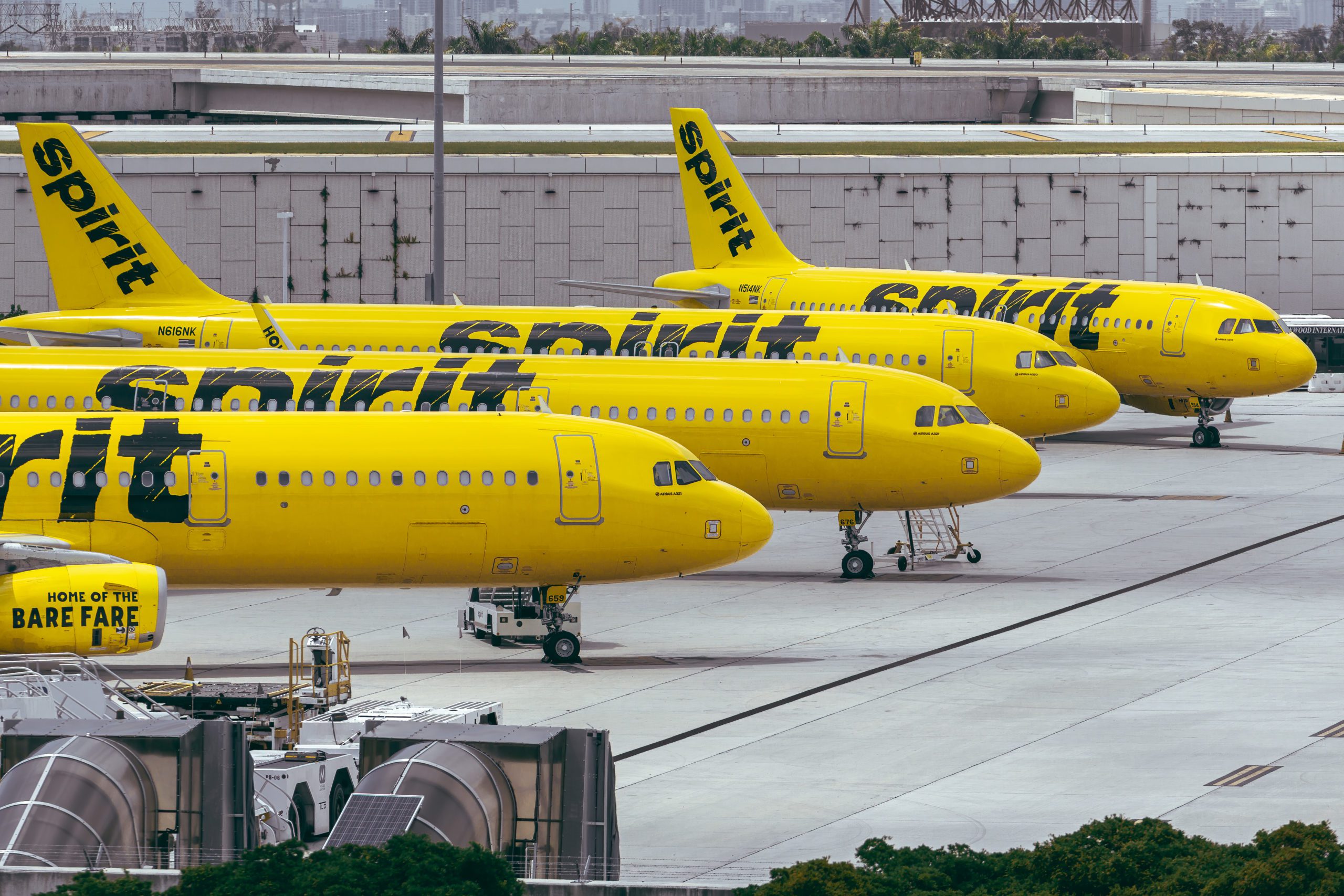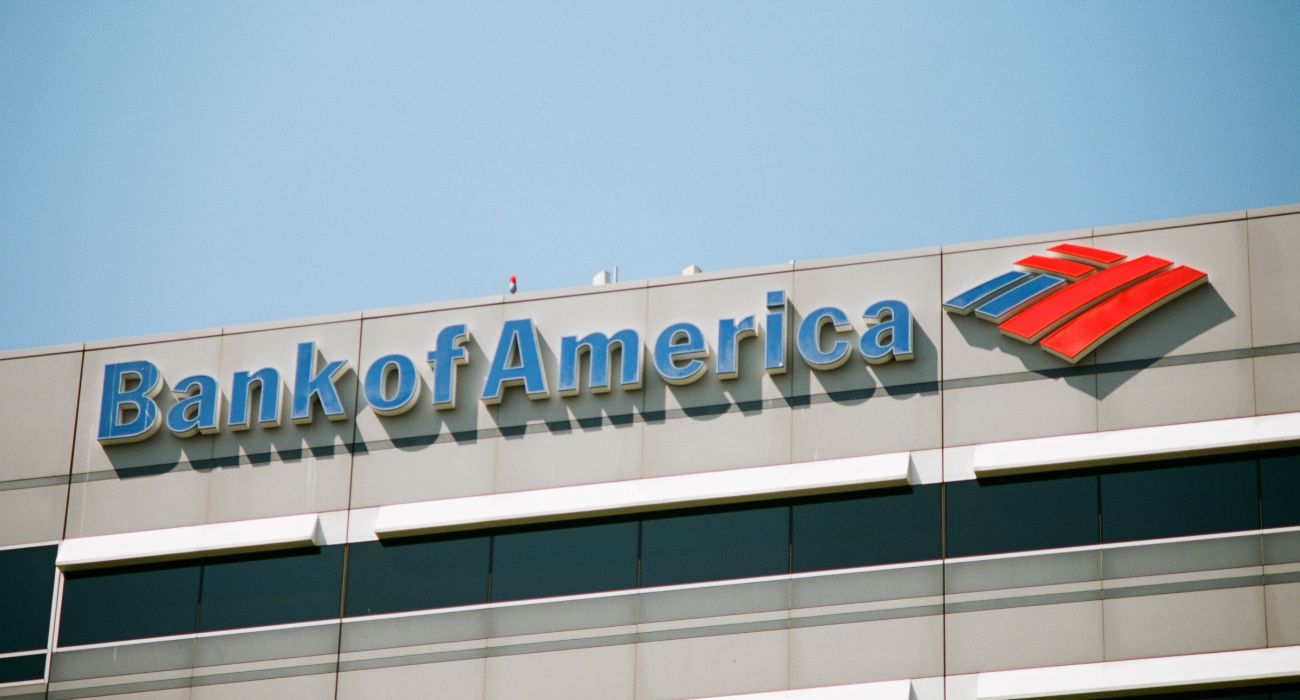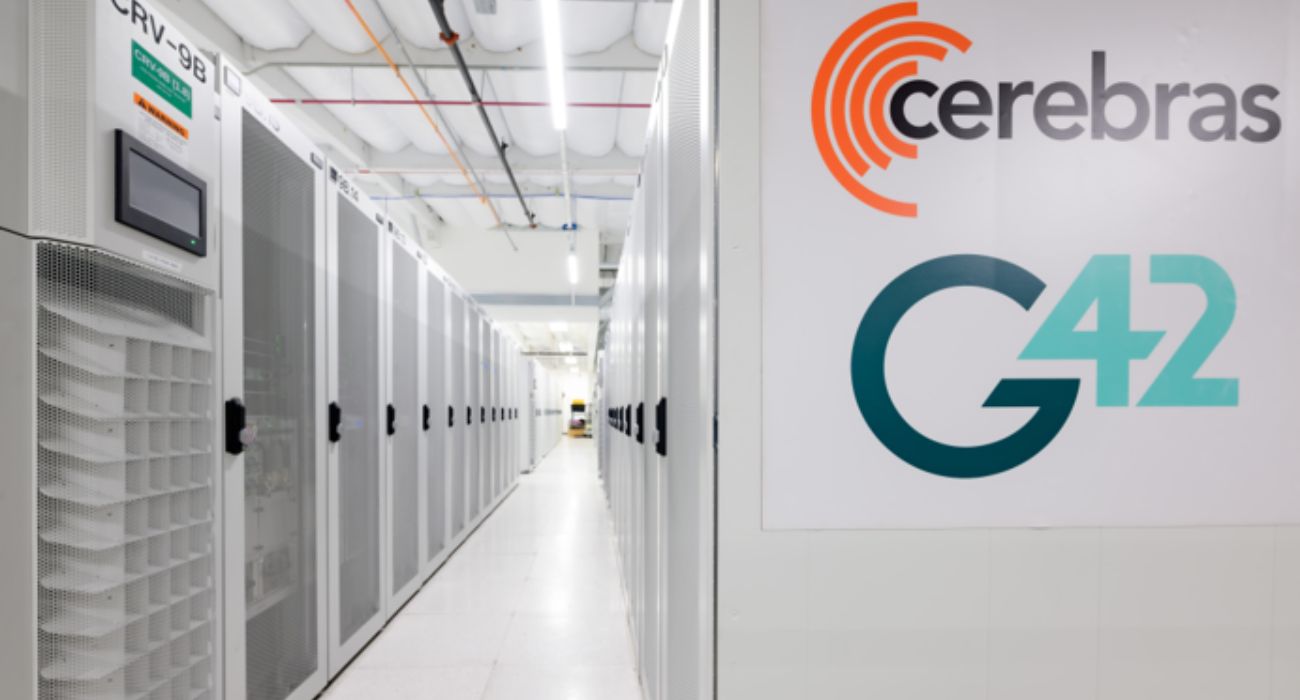Spirit Airlines, Inc. (NYSE: SAVE) announced in a Wednesday press release that the date of its shareholder vote over the company-backed sale to Frontier Group Holdings, Inc. (NASDAQ: ULCC) has been postponed to June 30.
The shareholder vote, which was initially scheduled to take place on June 10, was postponed after the airline service provider for JetBlue Airways Corporation (NASDAQ: JBLU) raised the company’s competing bid by $150 million and added an upfront cash payment of $164 million, about $1.50 a share.
Spirit Airlines chose to extend the Special Meeting to June 30 to allow the Spirit Board of Directors additional time for discussions with Spirit stockholders, Frontier, and JetBlue.
According to the June 8 press release, “Spirit remains bound by the terms of the merger agreement with Frontier, and Spirit’s Board has not determined that either JetBlue’s unsolicited tender offer or its updated proposal received on June 6 constitutes a Superior Proposal as defined in the merger agreement with Frontier and has made no change to its recommendation that Spirit stockholders adopt the merger agreement with Frontier.”
“We welcome this development as a necessary first step toward genuine negotiations between the Spirit board and JetBlue,” said JetBlue Chief Executive Officer Robin Hayes. “Spirit shareholders are clearly urging the Spirit Board to engage with us constructively and provide us with the same information previously made available to Frontier so that we can reach a consensual transaction.”
If either plan for Spirit’s future gets implemented, the resulting airline would become the fifth-largest in the United States.
While becoming the fifth-largest is the goal for both Frontier and JetBlue, questions on potential anti-trust violations stemming from the merger with Spirit have drawn the eyes of Capitol Hill.
Two congressional members who oppose the proposed merger have filed legislation that would prohibit these types of anticompetitive corporate mergers as well as implement procedures for retrospective reviews.
Spirit Airlines rejected JetBlue’s offer last month, stating that the merger was unlikely to win approval from U.S. regulators.
Spirit would now be eligible to receive the revised $350 million breakup fee from JetBlue as compensation if it accepted a JetBlue deal that fell through due to anti-trust regulations.
International Shareholder Services, a proxy advisory firm, believes the acquisition with JetBlue offers a greater upside to Spirit investors, noting that the revised provision to include a $250 million breakup fee by Frontier was not enticement enough for Spirit shareholders.
Another proxy advisory firm, Glass Lewis, recommended shareholders back the Frontier deal.
Currently, the buy-out deal remains in the air while the Spirit Board of Directors assesses what regulatory hurdles an acquisition between either airline would create and which merger generates the greatest value to Spirit shareholders.






